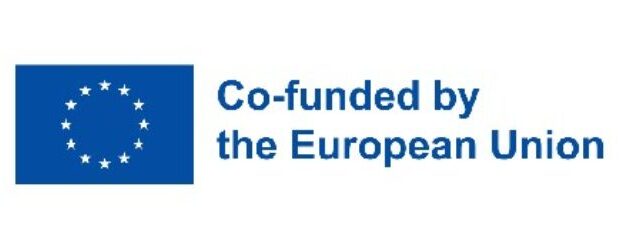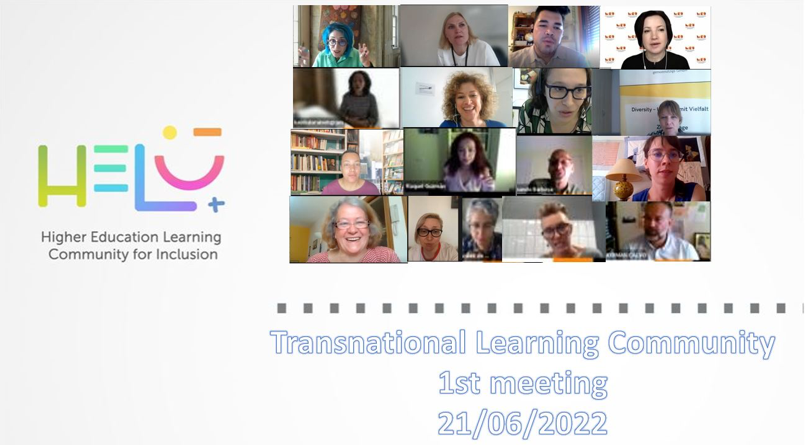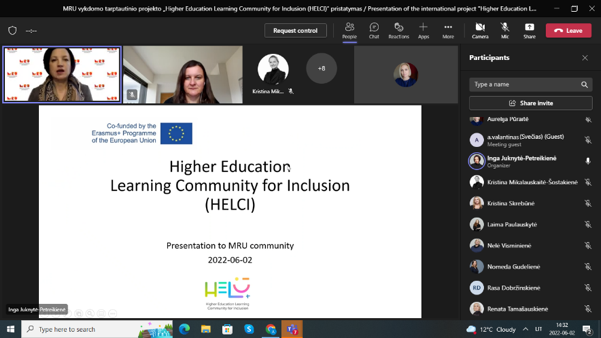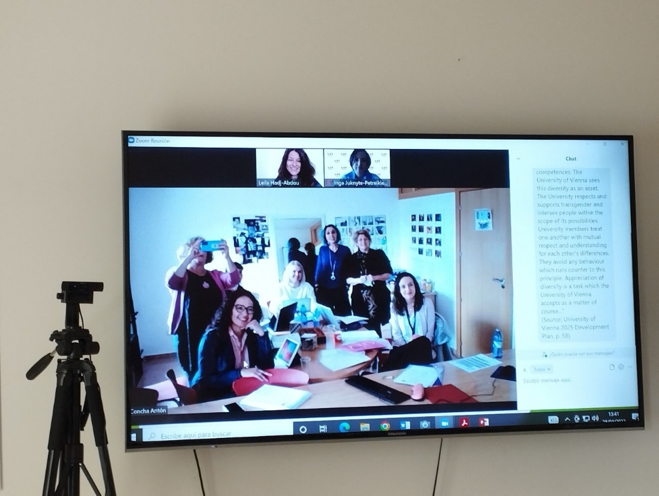The second meeting of the Transnational Learning Community was held on 26/09/2022. The participants had the opportunity, above all, to share the progress made by Working Group 1, which is responsible for supporting the development of the Methodological Guide.
The project’s consortium includes human rights activists, researchers from different universities and representatives of NGO House of Diversity and Education, Zara Training, Black Voices Volksbegehren, Kaunas’ County Women Crisis Centre and La Merced Migraciones.
Throughout the meeting, important contributions were received on the proposals launched by Working Group 1 and progress was made in the development of the questionnaire to assess the perception of the students of the participating universities (University of Salamanca, University of Vienna and Mykolas Romeris University) on inclusion in their respective university environments.different working commissions were proposed.





